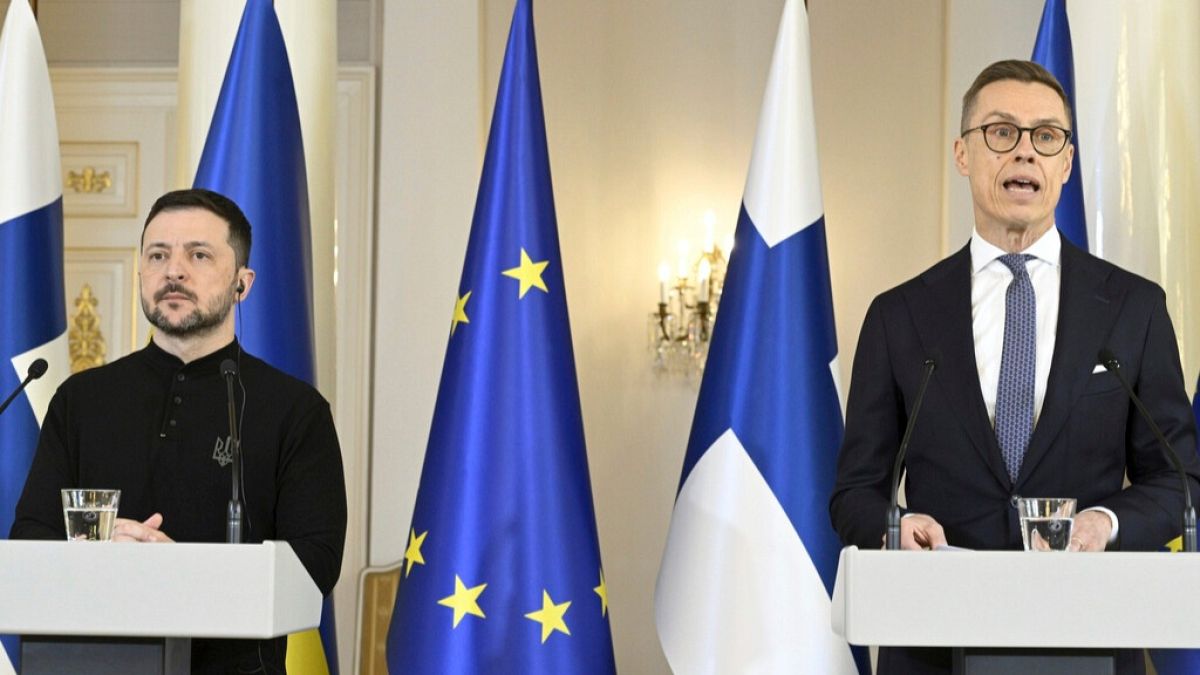The government has decided not to set a date for the introduction of the euro in the Czech Republic

Prague – The government today decided not to set a date for the introduction of a common European currency in the Czech Republic for now. It made this decision based on a joint recommendation from the Ministry of Finance and the Czech National Bank (ČNB). According to the document evaluating the country’s readiness for membership in the eurozone, the Czech Republic met three out of five criteria for adopting the euro last year, namely the size of the public finance deficit, the level of debt, and the level of interest rates. However, it did not meet the inflation criterion or the requirement for membership in the ERM II exchange rate mechanism.
The Minister of Finance Zbyněk Stanjura (ODS) praised in a press release sent to ČTK that the criteria in the area of public finances are being met. According to him, this makes it possible to start discussing the introduction of the euro. “You will not find clear economic reasons for and against the adoption of the euro, and the experiences of other countries that adopted the euro in the past show that the key factor is public support. In the Czech Republic, a quarter of the population currently supports the introduction of the euro, and if support does not increase to at least 50 percent, I believe that abandoning a national currency with such a long tradition does not make sense,” the minister added.
The document from the ministry and the ČNB stated that the Czech Republic met three criteria for the introduction of the euro last year. However, it failed to meet the inflation criterion, which is set as an annual inflation rate no more than 1.5 percentage points higher than the average of the three eurozone countries with the lowest inflation. “Due to the fading of adverse supply factors and the effects of previous tightening of monetary and fiscal policy, inflation in 2024 was within the tolerance band of the inflation target of the Czech National Bank. However, the uneven price development in individual EU countries led to a low value of the inflation criterion,” the ministry stated. The average inflation in the Czech Republic last year was 2.4 percent, down from 10.7 percent two years ago. The ČNB’s target is two percent. The ministry expects that this year the Czech Republic will also meet the inflation criterion, with the only unmet requirement being two years of membership in ERM II.
The Czech Republic committed to adopting the euro upon joining the European Union in 2004. However, the accession treaty does not contain any deadline for when the country should enter the eurozone. (April 9)












































